How to Make Meditation a Habit
If you’re like most of us, you would probably understand how challenging sometimes it can be to make meditation a habit. Especially when you get started. However, it doesn’t always have to be that way.
By changing how you think about meditation and your approach on how to make meditation a habit, you can overcome this very common hurdle and finally make meditation a part of your daily routine.
Not only will you feel great about this change, but as time goes you will also start seeing subtle changes in your life in a big way. Although difficult to explain in the beginning, you will understand why you meditate and how it is having a positive impact on your life overall.
Now the big question is:
How do we make meditation a Habit?
In order to make meditation a habit, below are some helpful tips to learn so that you can start meditating and eventually make it part of your daily routine.

-
Start small
Making anything a habit can be hard if you’re trying to reach the pinnacle of it when getting started. Especially with something like a meditation practice, by trying to meditate for hours you see it as something difficult and inconvenient.
You may see on social media and the internet about monks, and spiritual gurus who claim to meditate for hours and have out of body experiences. While time and experience will only tell you if that’s true, your approach should be simple and small. Start out by trying to sit down and meditate for 5 minutes a day. If that sounds too much, set a timer and begin with just two minutes. What matters most is that you start.
-
Commit to doing it once daily
Another important thing to consider is not having a goal on until when you are going to practice meditation. Don’t have a goal on when it should become a habit. But rather commit to doing it once a day no matter what. It could be just two minutes in the morning or evening whenever it is more convenient for you.
-
Attach a cue or reminder
If you’ve read our post on how to create new habits, you will understand how important a cue or reminder can be to create new habits. By attaching a cue such as taking a shower in the morning or evening to meditation, you will be reminding yourself to meditate once you’re out of the shower and ready before you do anything else.
It’s a powerful way to inform yourself, that the next thing you need to do is your meditation practice before moving on to the next task. It doesn’t have to be a shower, you can pretty much make whatever is convenient for you as your cue.
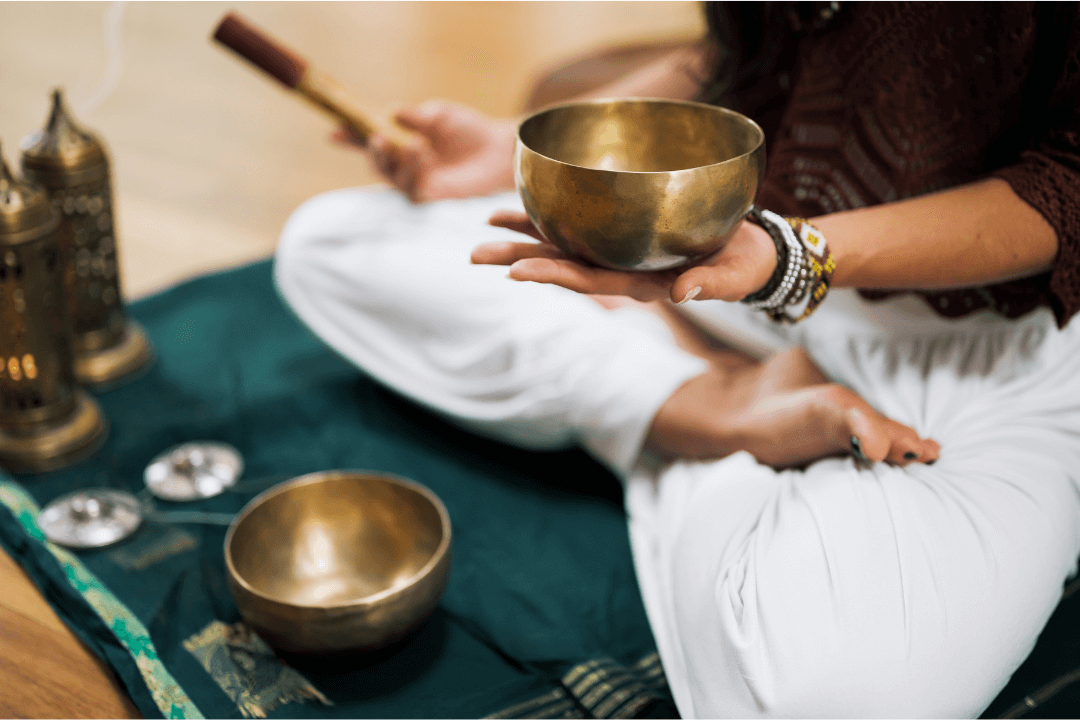
-
Set a dedicated time
It would be a lot easier to make meditation a habit if you set a dedicated time every day for your practice. It doesn’t need to be a specific time on the clock, but generally around the same time every day. Some people prefer to do it in the morning before starting their work day while others prefer the evening once they are done with work and as part of their evening routine.
It is up to you, but if you set this time it becomes a lot easier to get it done more consistently.
-
Set a dedicated space
Another important thing is to set up a dedicated space for your meditation practice. You can find a small space in your home and create a space that is inviting and entices you to sit down for your practice.
A lot of people find it helpful to add some things like a nice rug, cushions, plants, and candles to make the space more relaxing, allowing you to go deeper into your practice. It also helps you feel more present and mindful while you’re doing your practice.
-
Be flexible
While setting a dedicated time and space helps you keep up with your practice, sometimes this may not be possible. You may be traveling, or just have a day outside your normal routine. Rather than missing your practice because you missed the normal time and aren’t home, find any available time and a convenient place to make your practice happen.
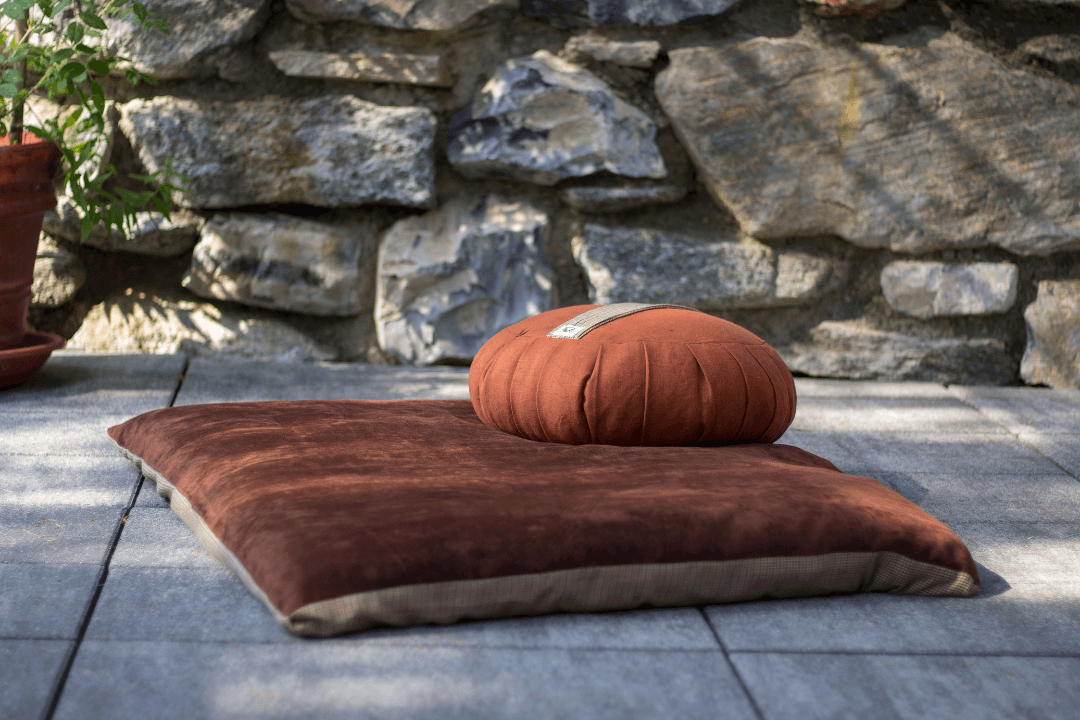
-
Don’t have any expectations
With the amount of information on meditation today, it can be very easy to have high expectations of what should happen when you meditate. Always remember meditation is a very personal practice and can be different for everyone.
It is best not to have any expectations from your practice and go with the flow and see how it is helping you. Remember, meditation is not some mystical experience, rather it is a process of observing your thoughts without judging them. This allows you to learn more about yourself, find inner peace when you feel anxious, and overall become better at understanding your thought process.
-
Read about the benefits
It is often helpful to learn about the benefits of meditation when trying to make meditation a habit. By understanding how it can help you, you are more likely to be motivated to continue your practice when things feel difficult.
Always remember, meditation has been around for so long and science is finally catching up and trying to provide evidence on how it helps us. There are numerous amount of research available today that proves how meditation rewires our brain and change us as a person.
-
Join a support group
A community is always helpful no matter what we are trying to achieve in life. Connecting with like-minded individuals from all across the globe can help you stay motivated and keep up with your practice.
Nowadays, there are plenty of support groups both online and in-person that you could join to find inspiration while making friends who have common interests.
-
Journal about your meditation practice
Journaling has been proven as a very helpful practice in mindfulness. Taking the time to write about your meditation practice and your thought process can help you understand yourself better and be inspired to continue growing in your meditation practice.

How long does it take to make meditation a Habit?
Research suggests that habit formation is not a one size fits all process and could take on average anywhere between 66 days or a little over 2 months for a person to feel like it can be done effortlessly.
Hence, the best would be not to have any expectations on when it should become an automatic process and commit to making it happen at least once a day. By doing this, you’re consciously wiring your brain to focus on the process rather than a goal and this is how meditation should be.
Key Takeaway
The key takeaway from this post should be that meditation is a very personal experience for anyone and should be done as an authentic experience. Learn from the above tips and I promise you, you will be able to make meditation part of your daily routine.

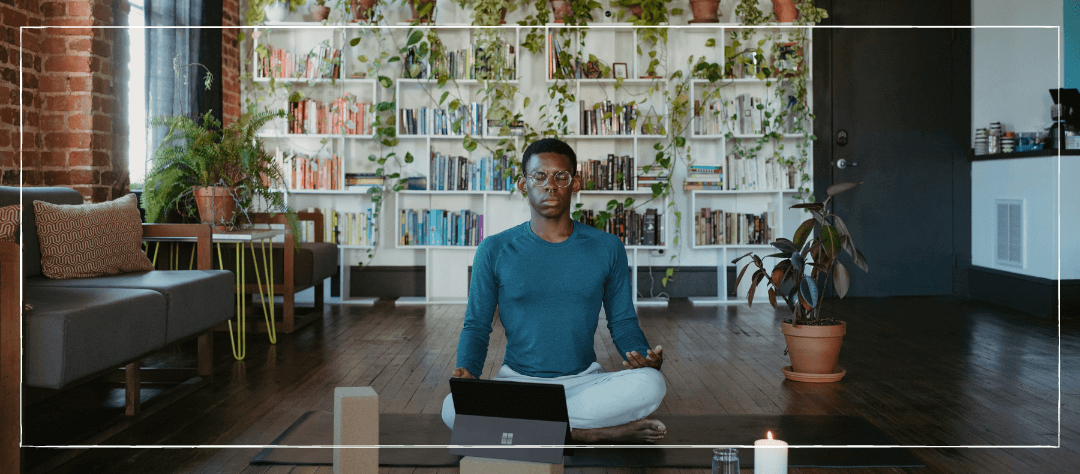


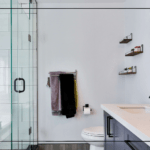

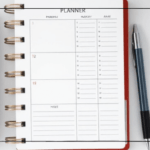


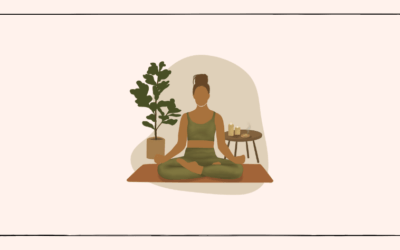

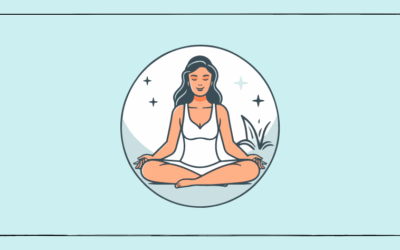
0 Comments